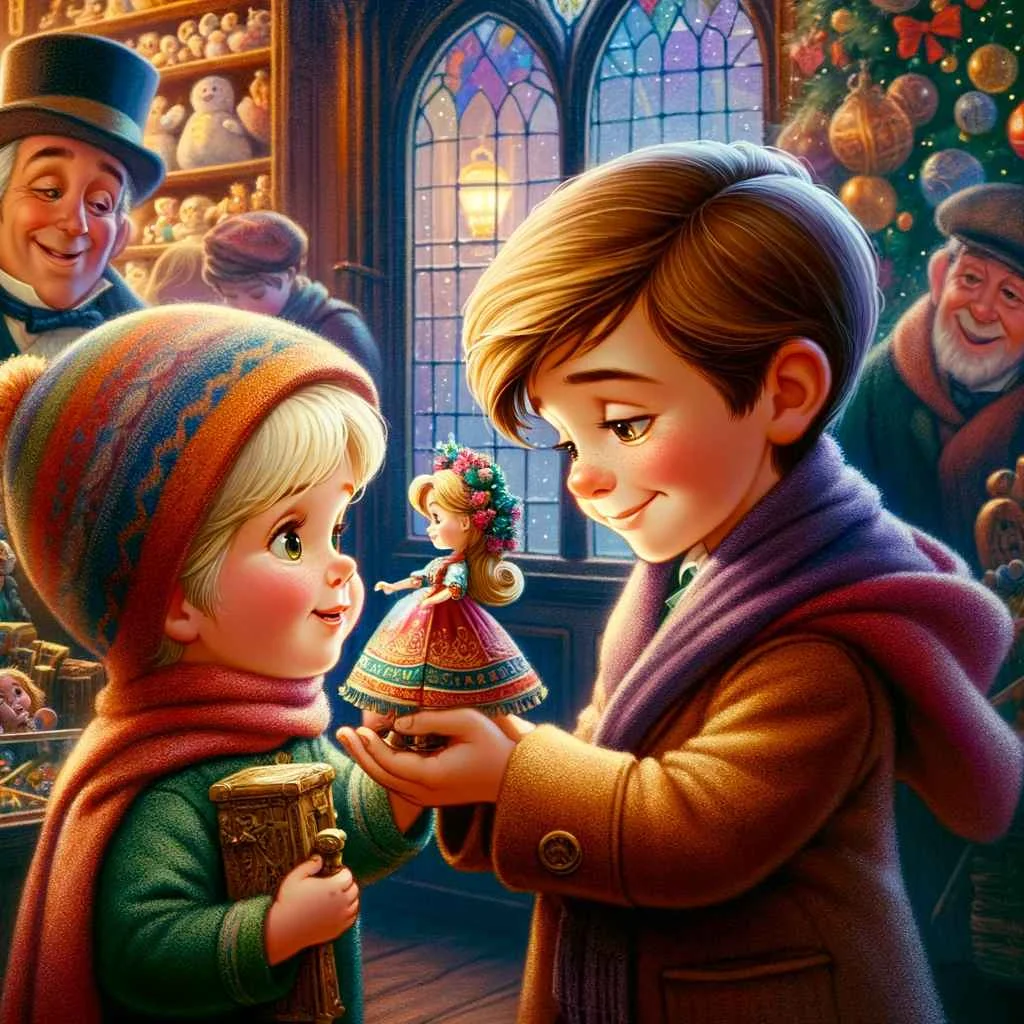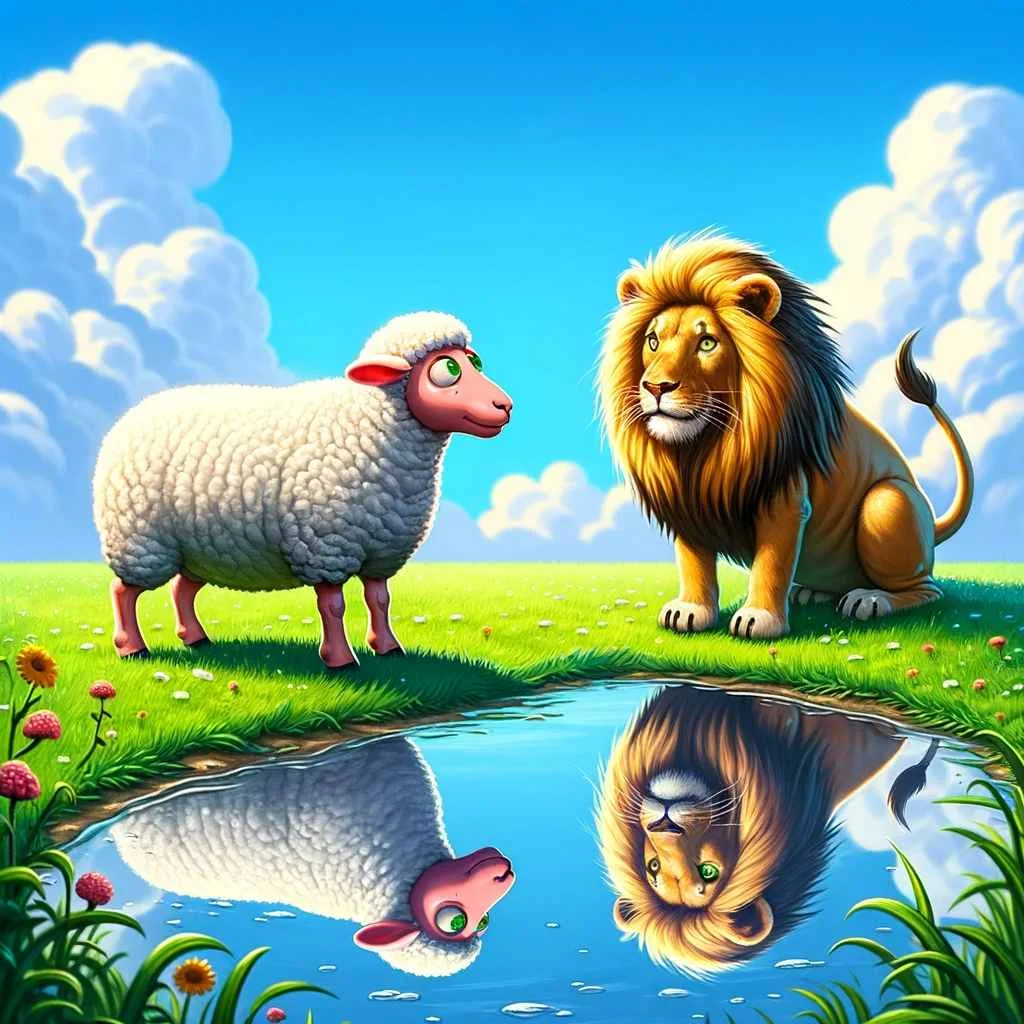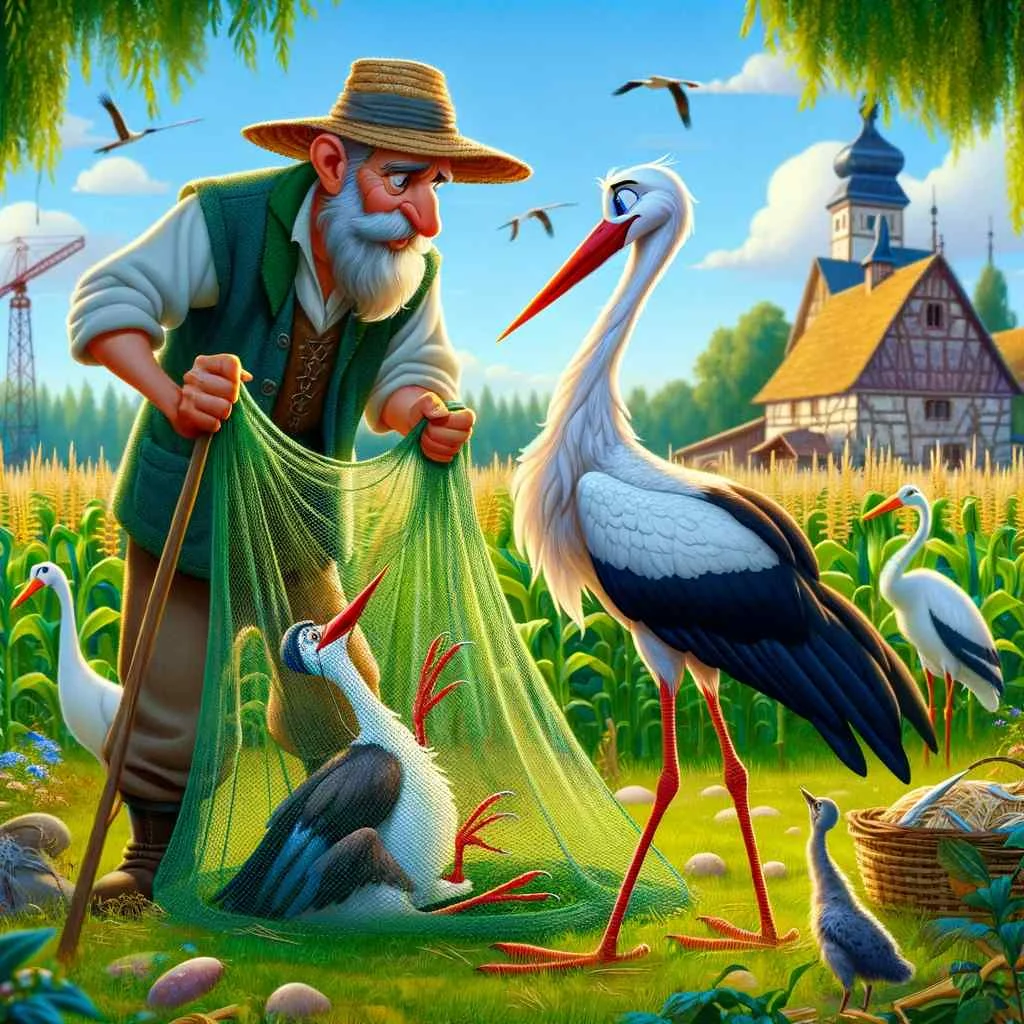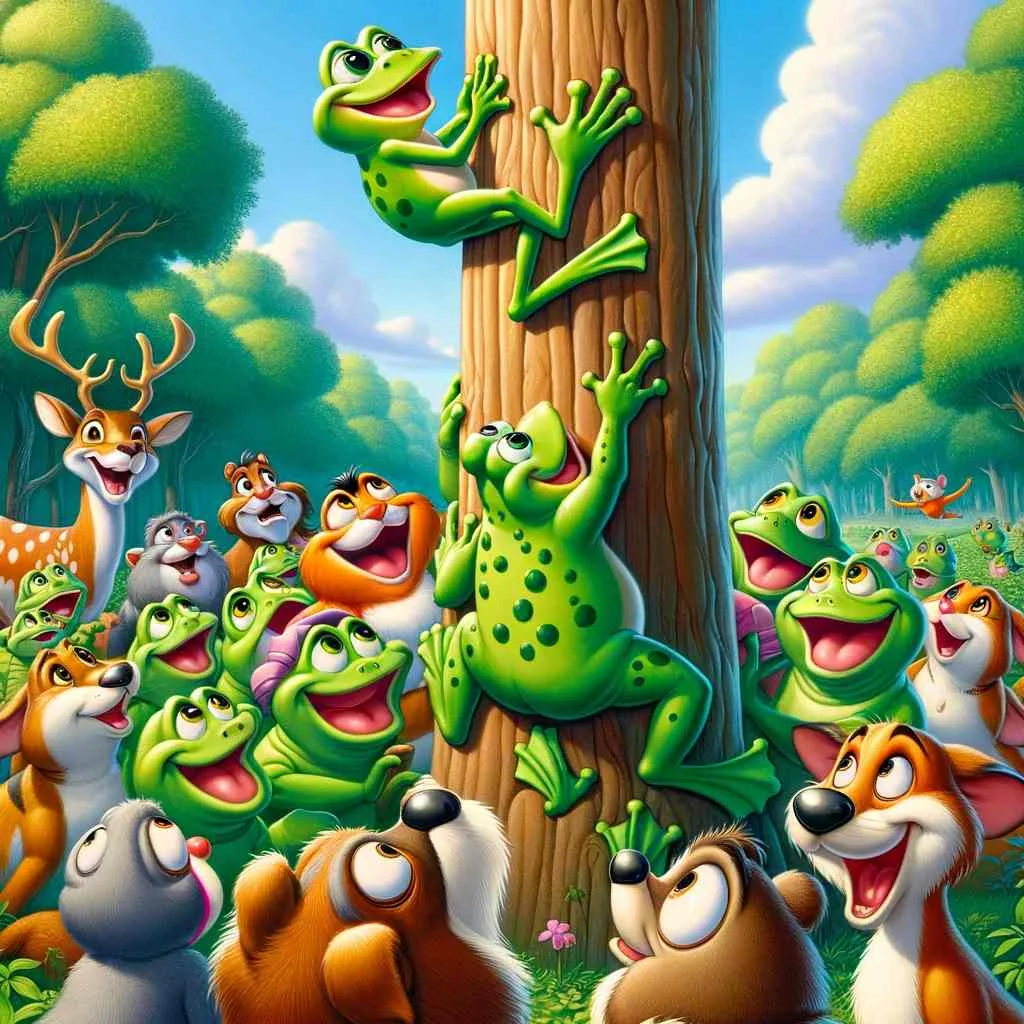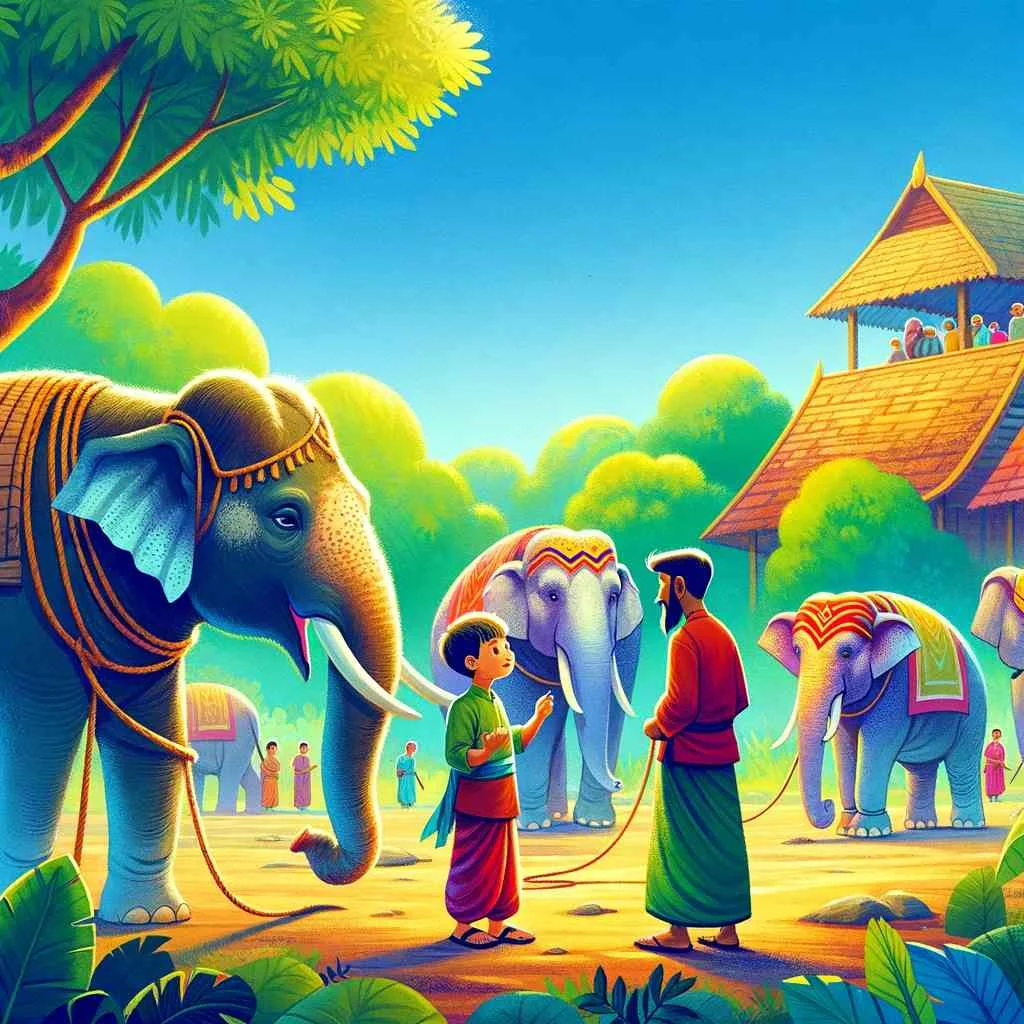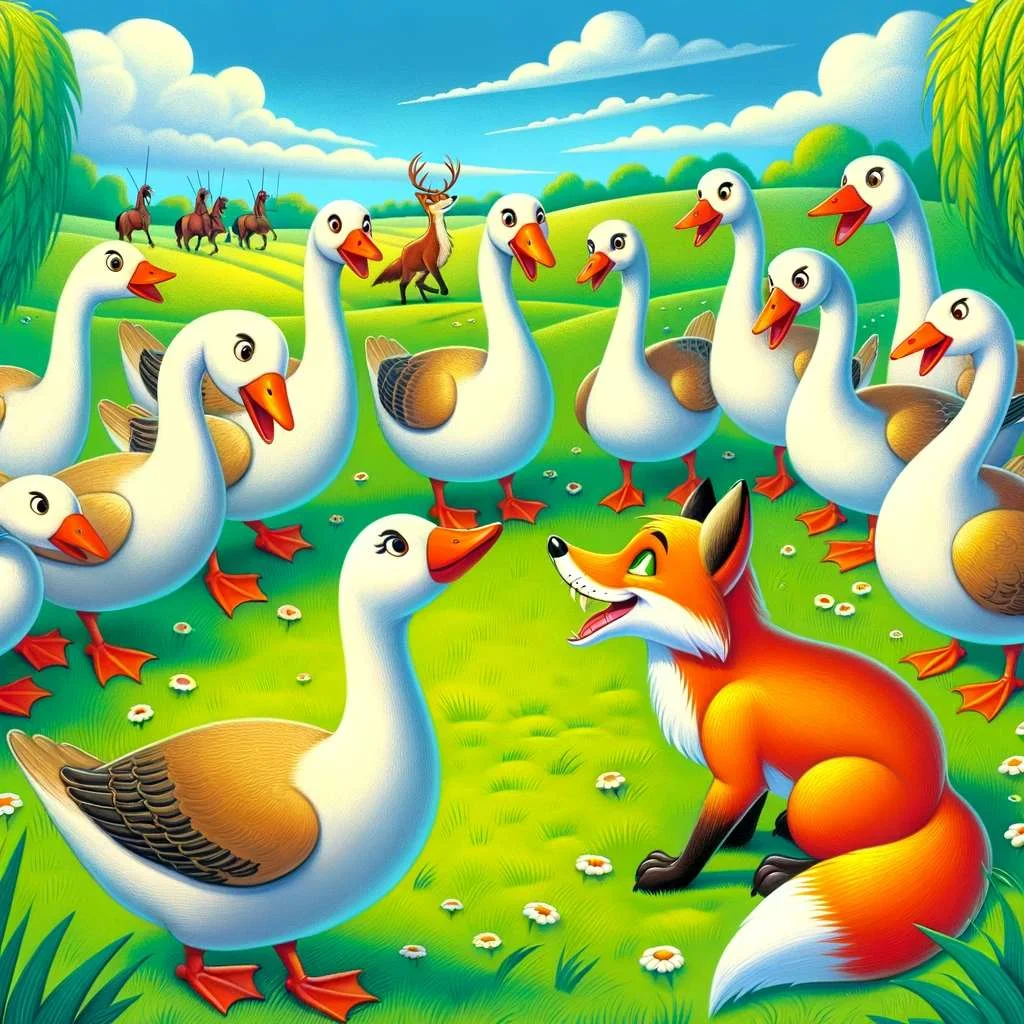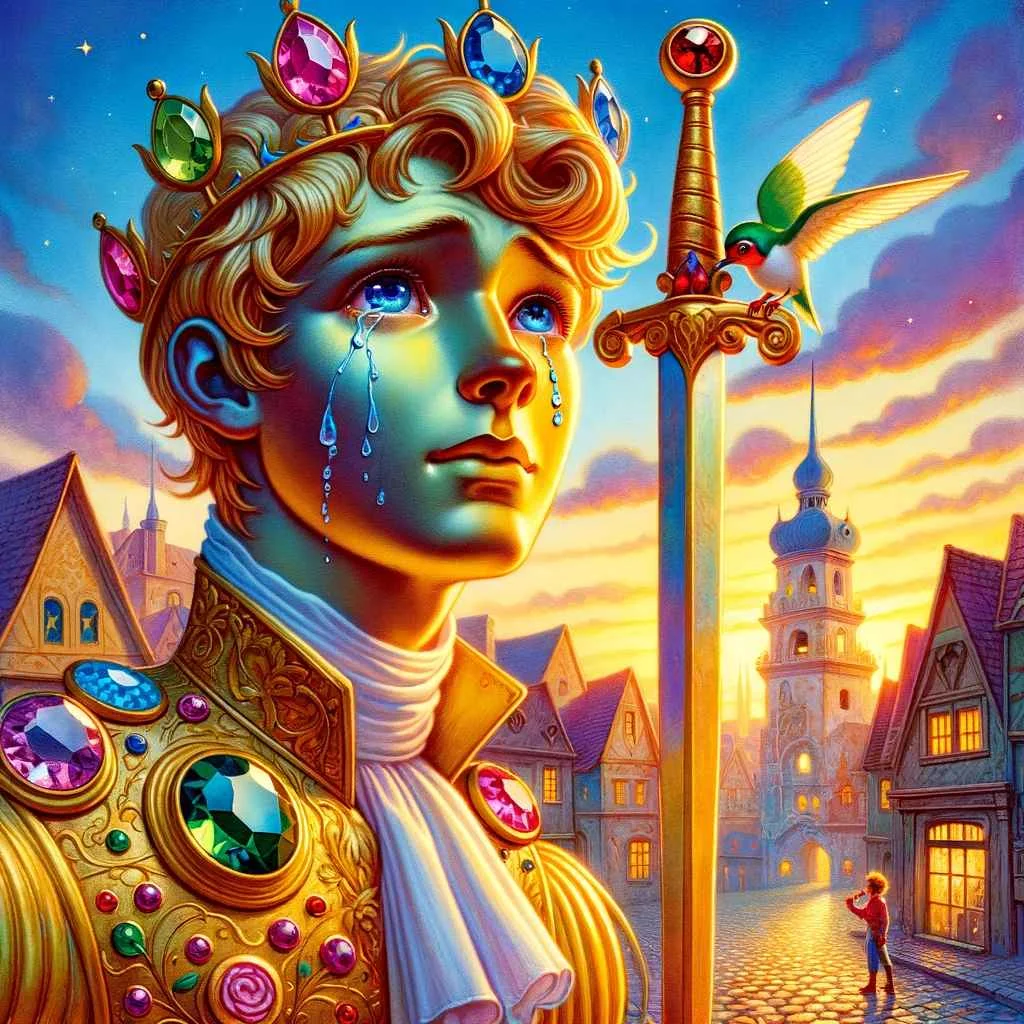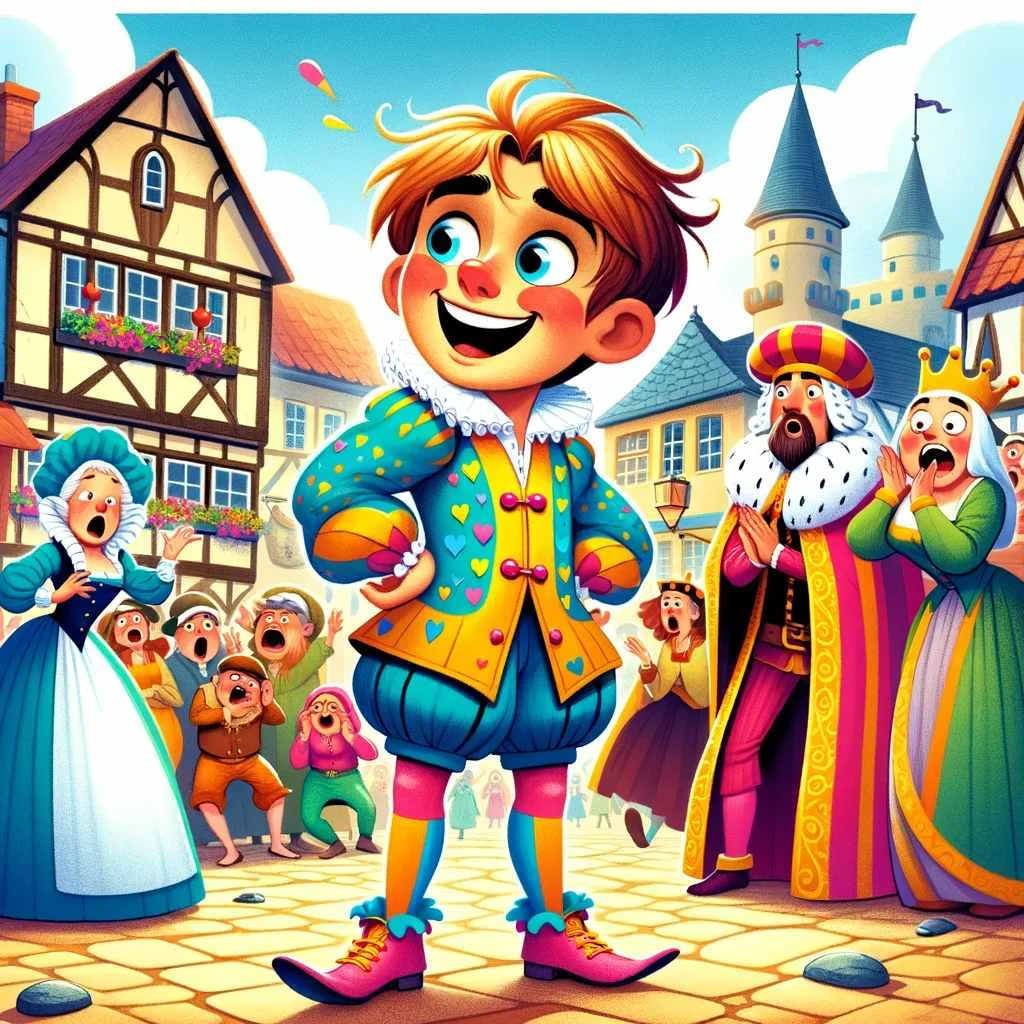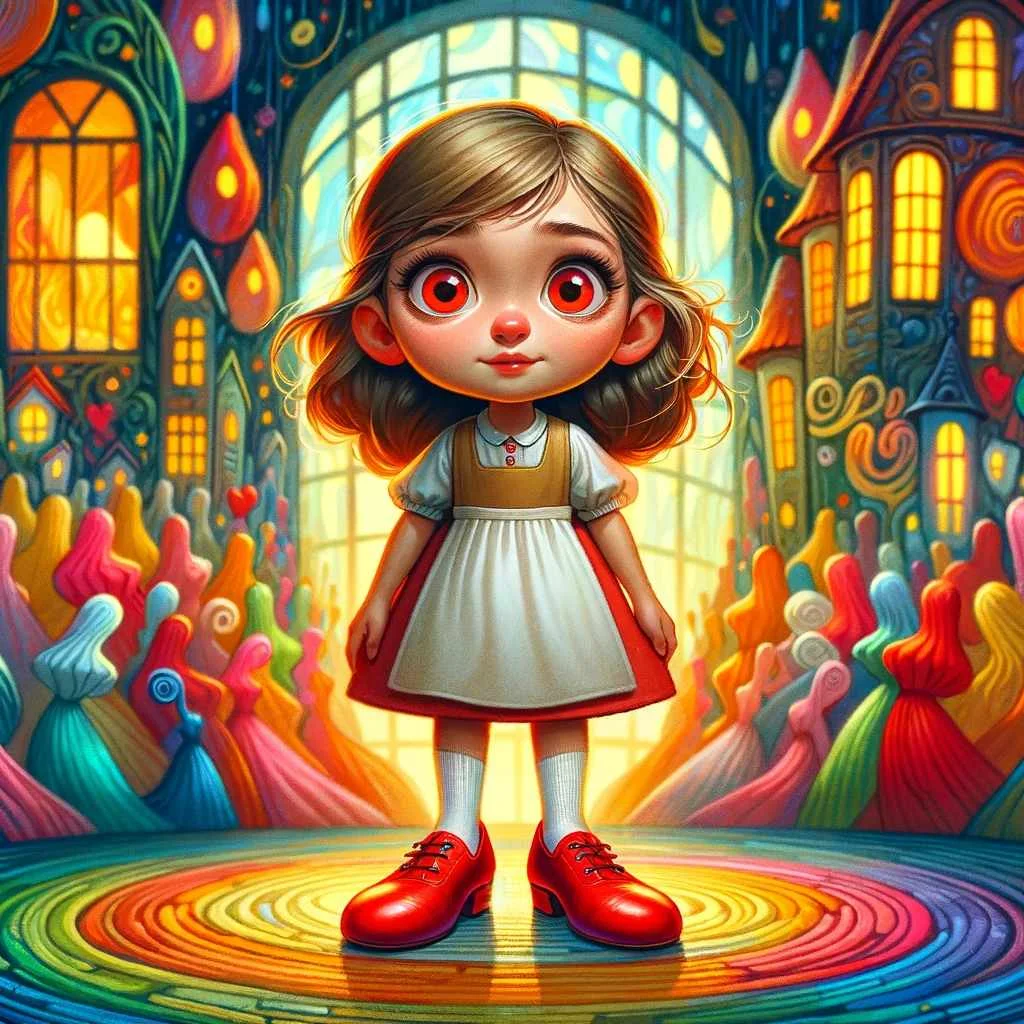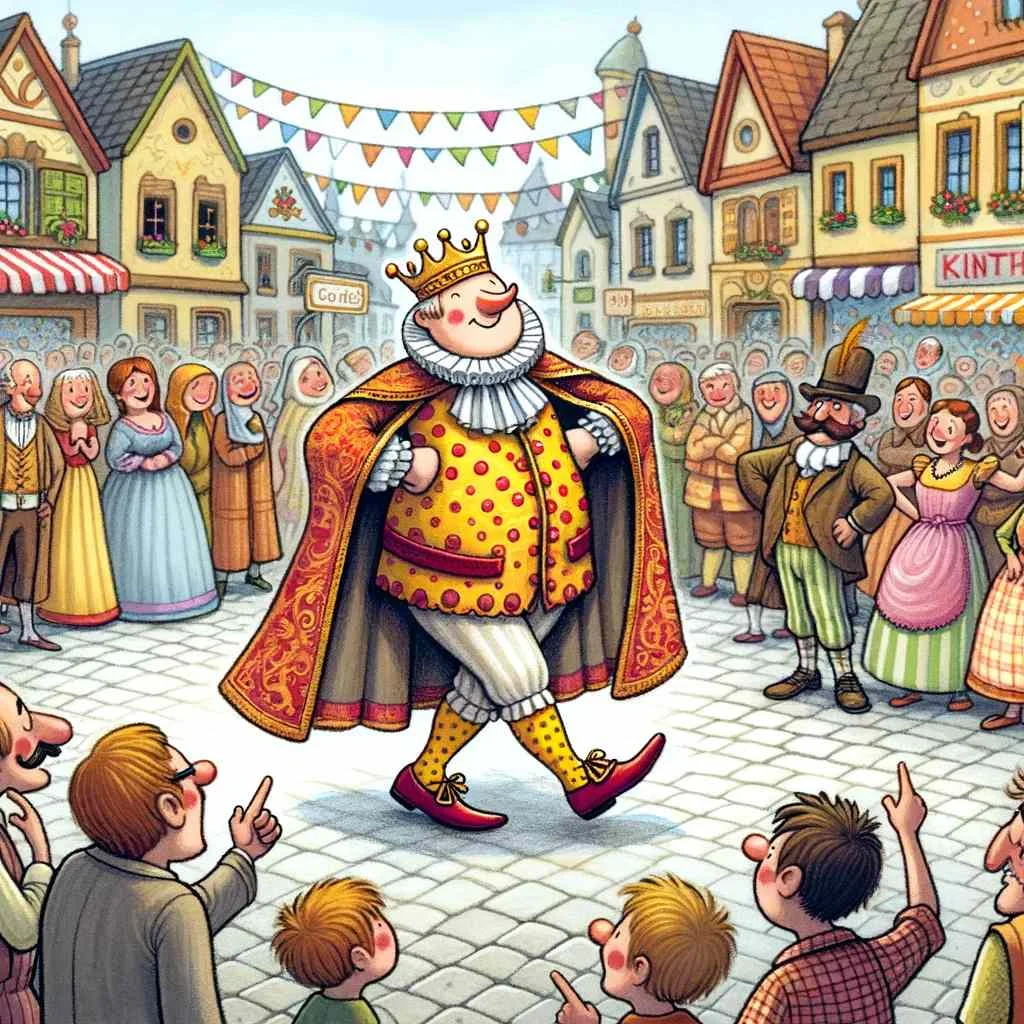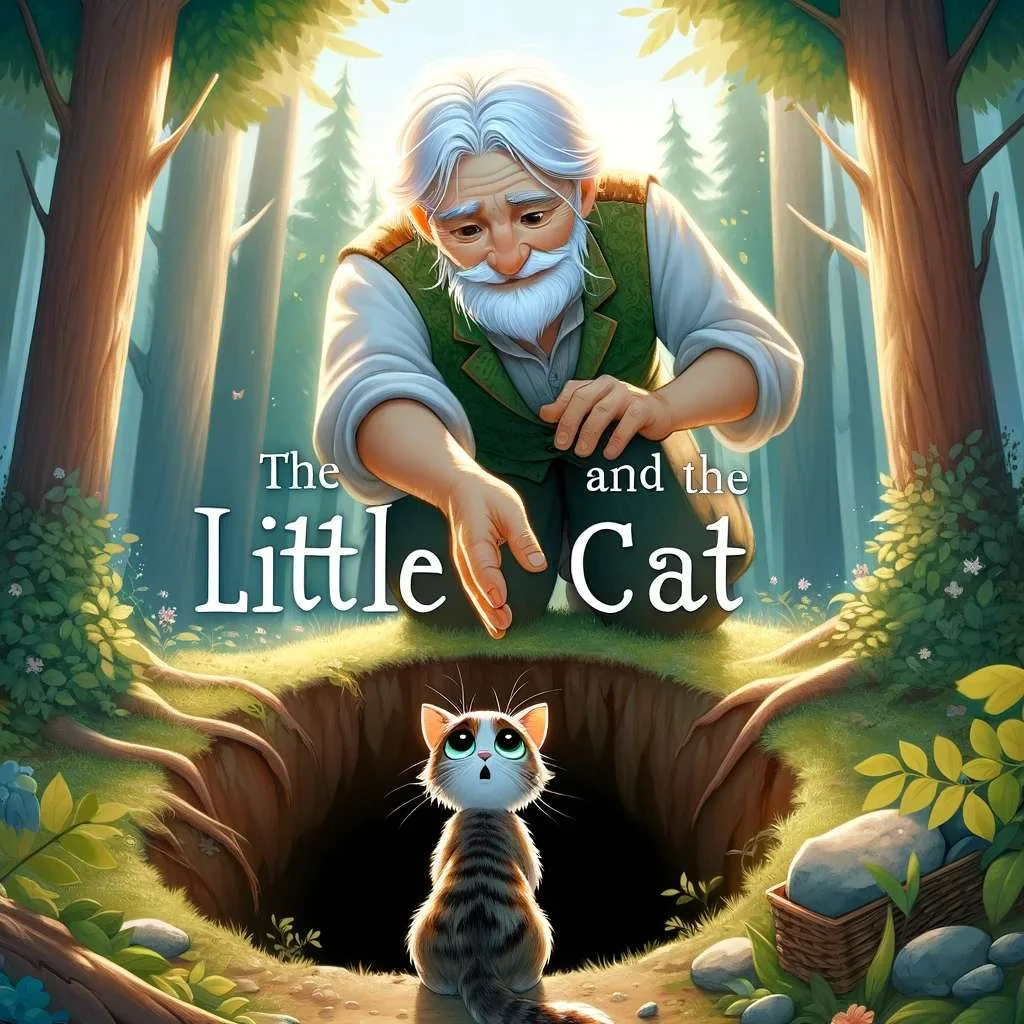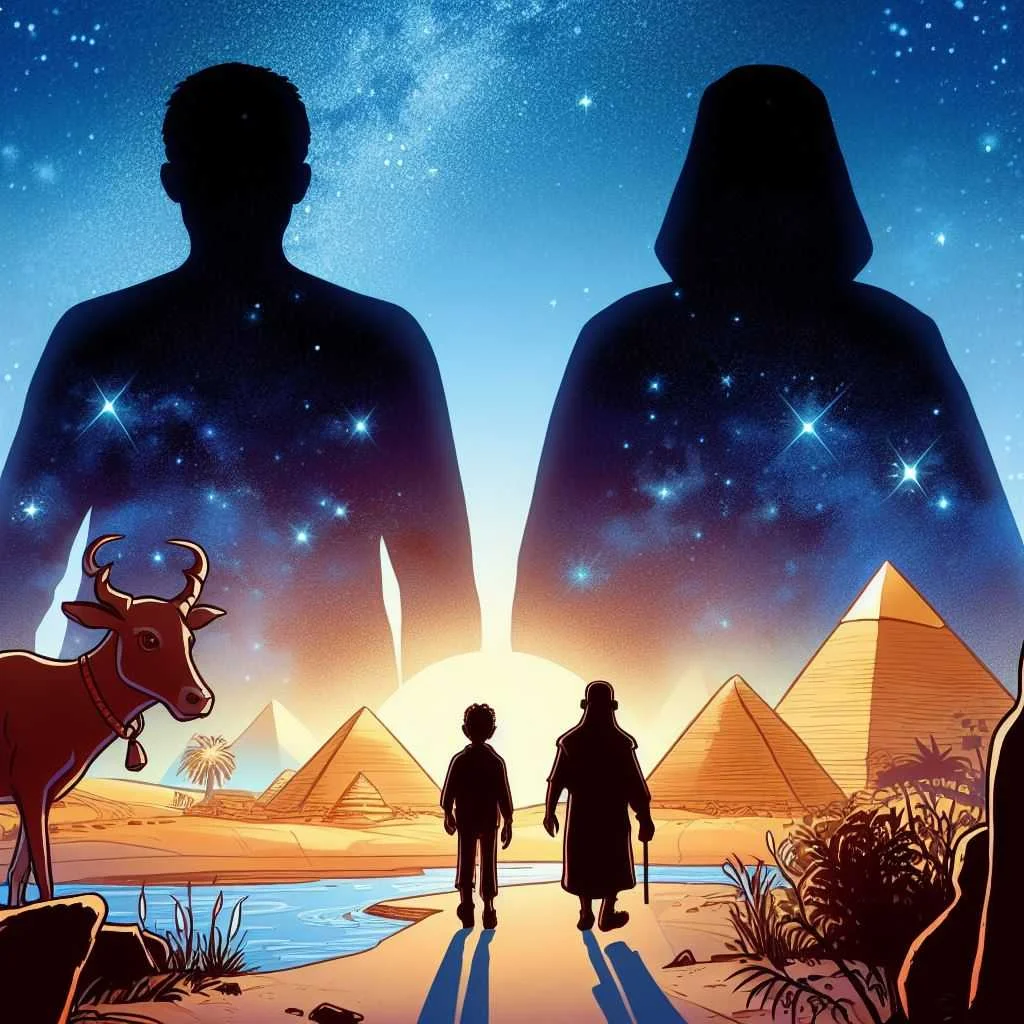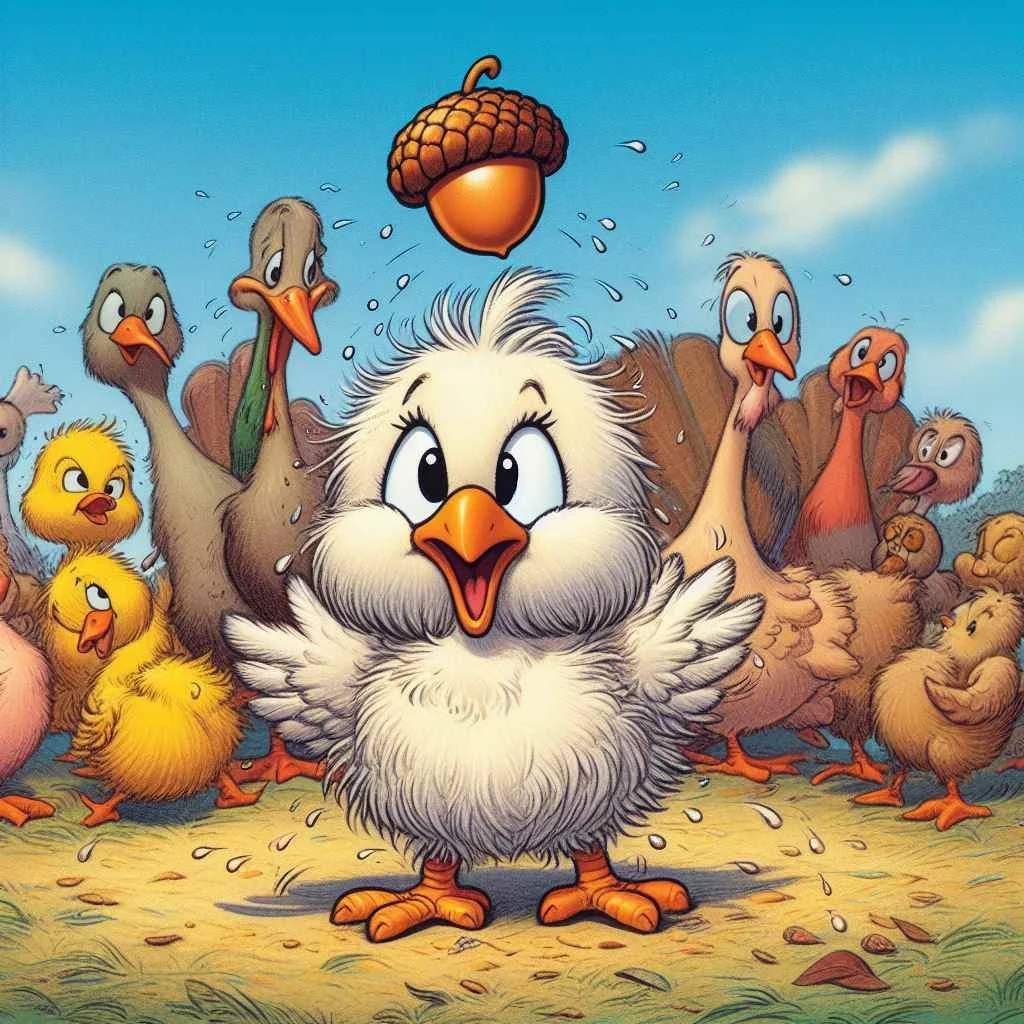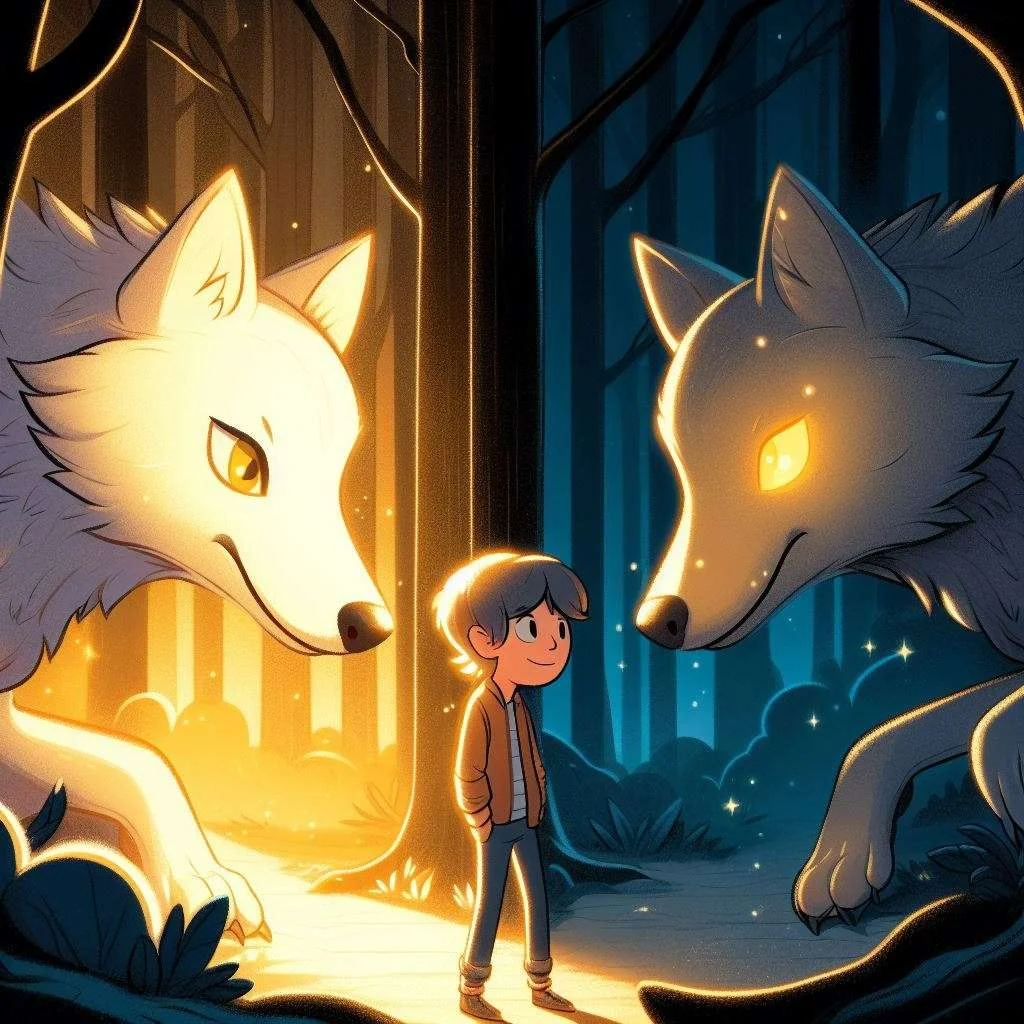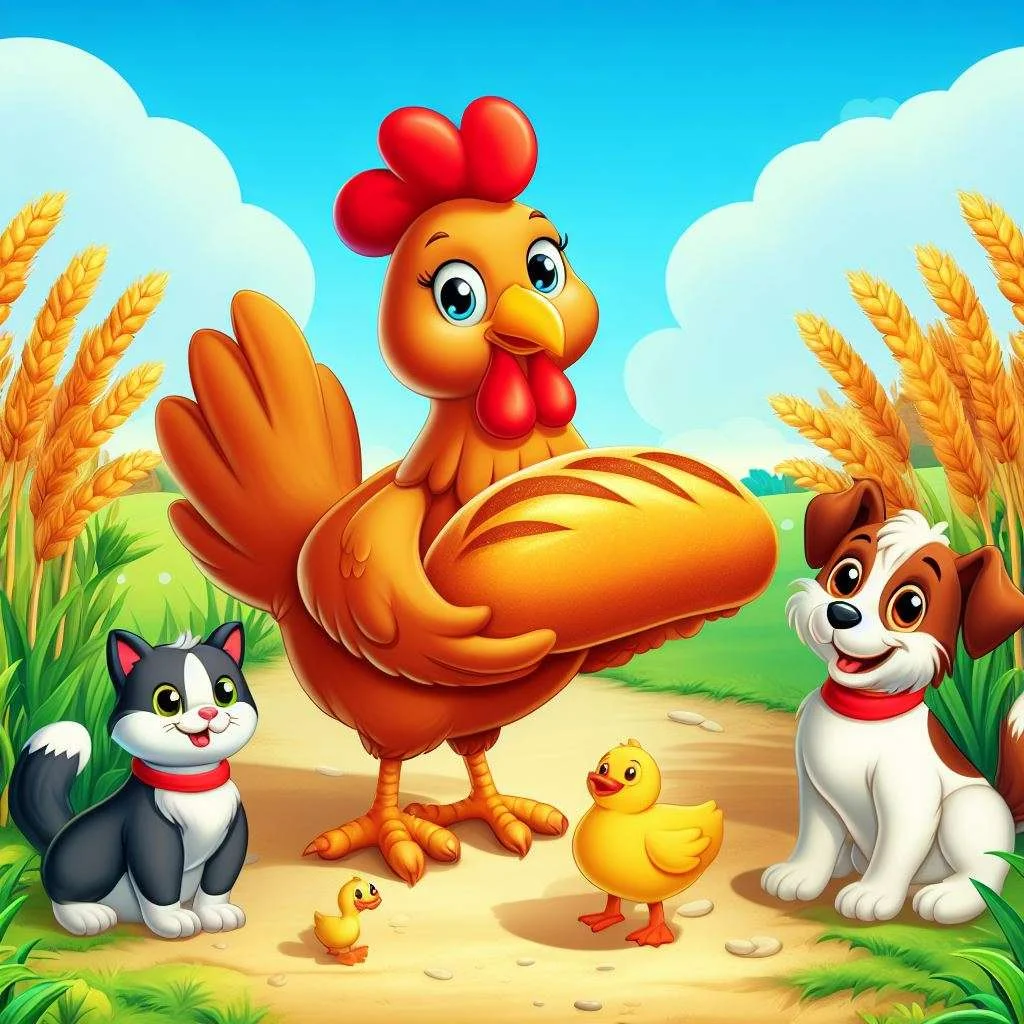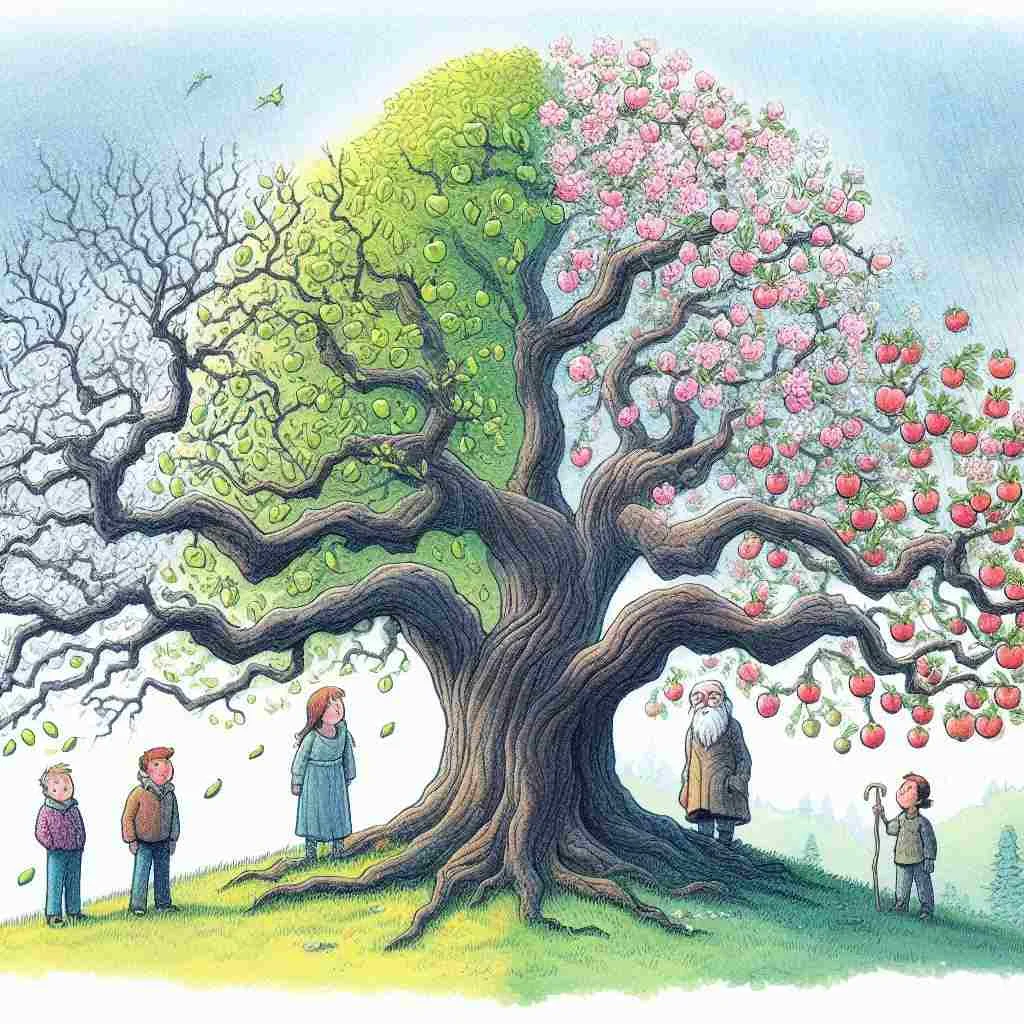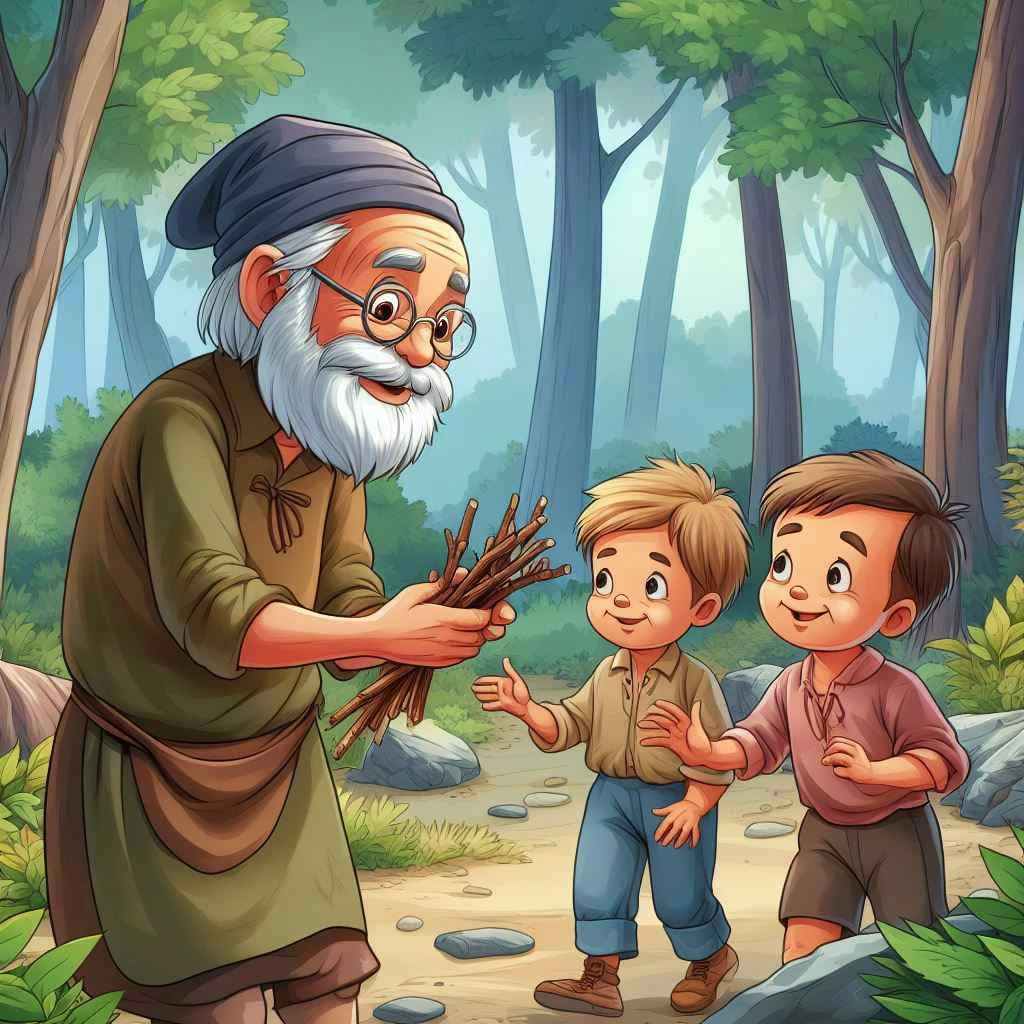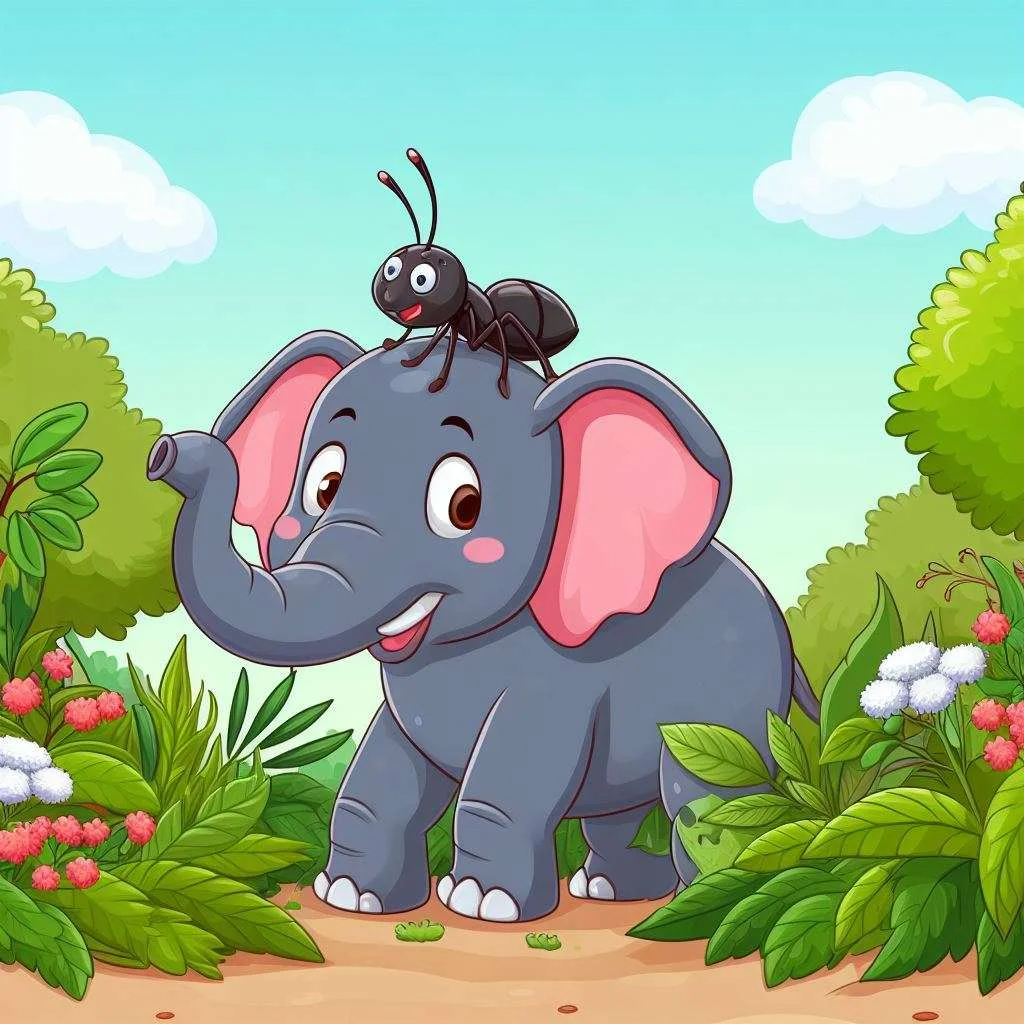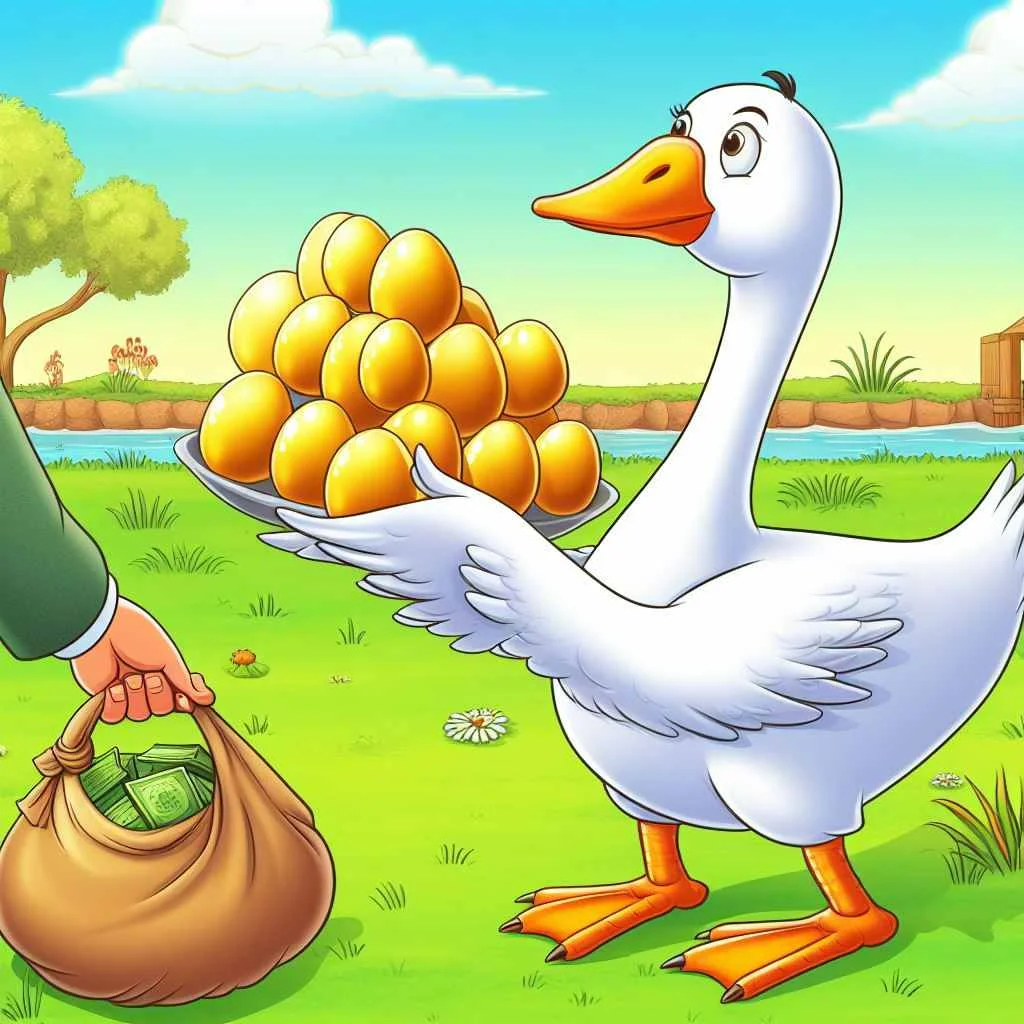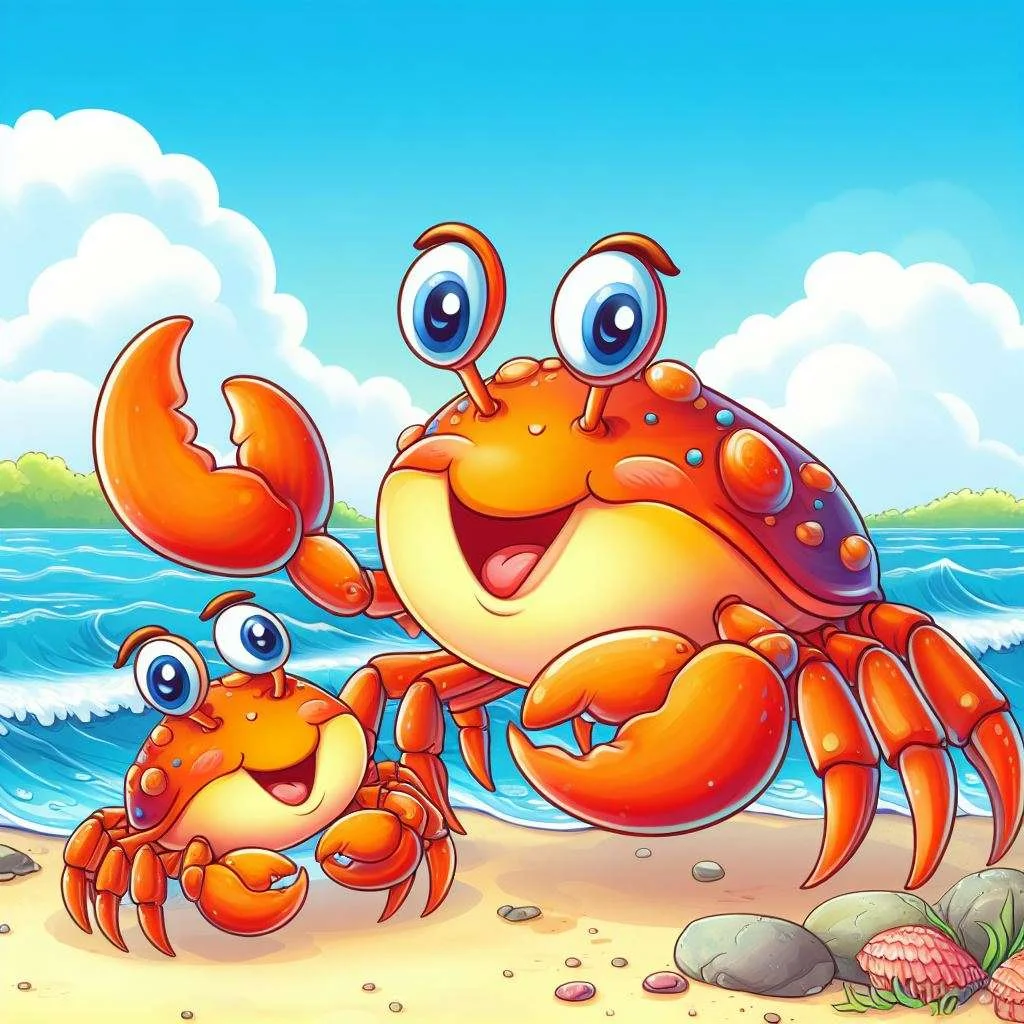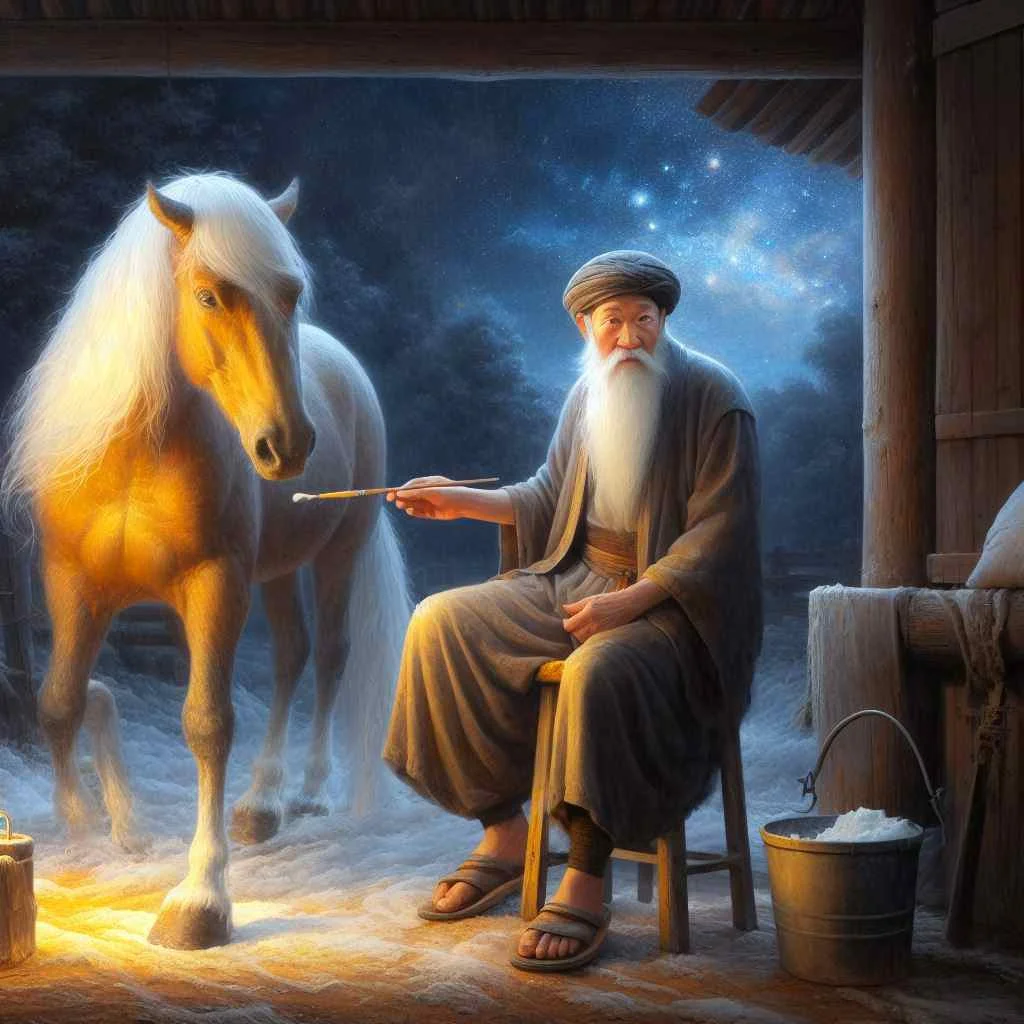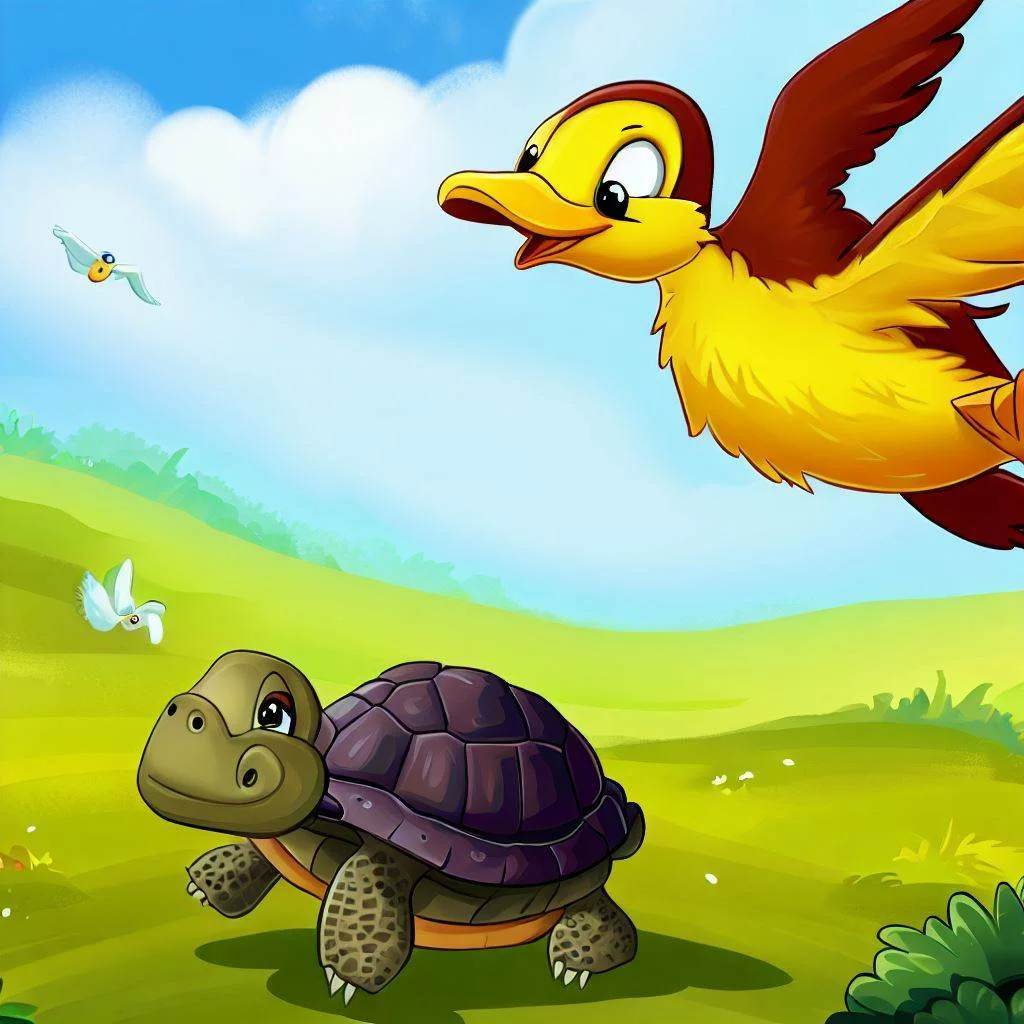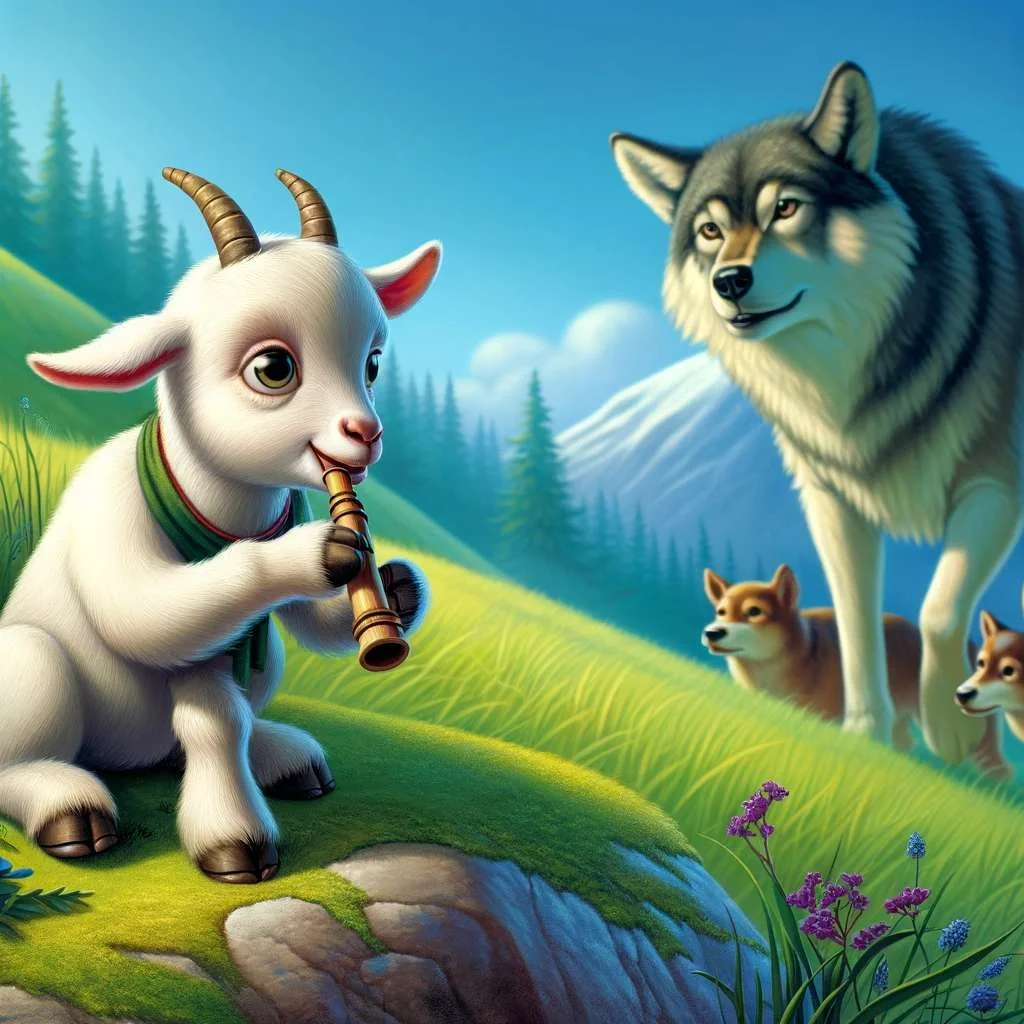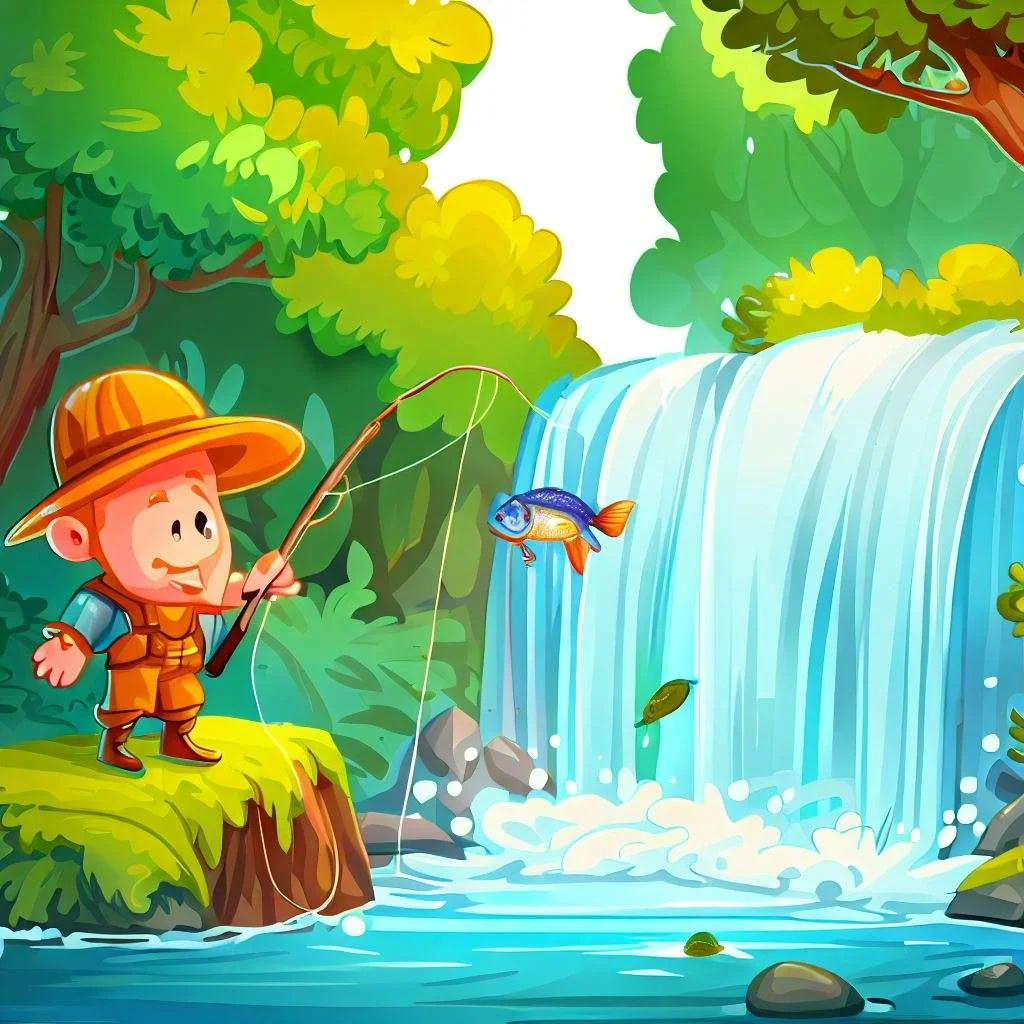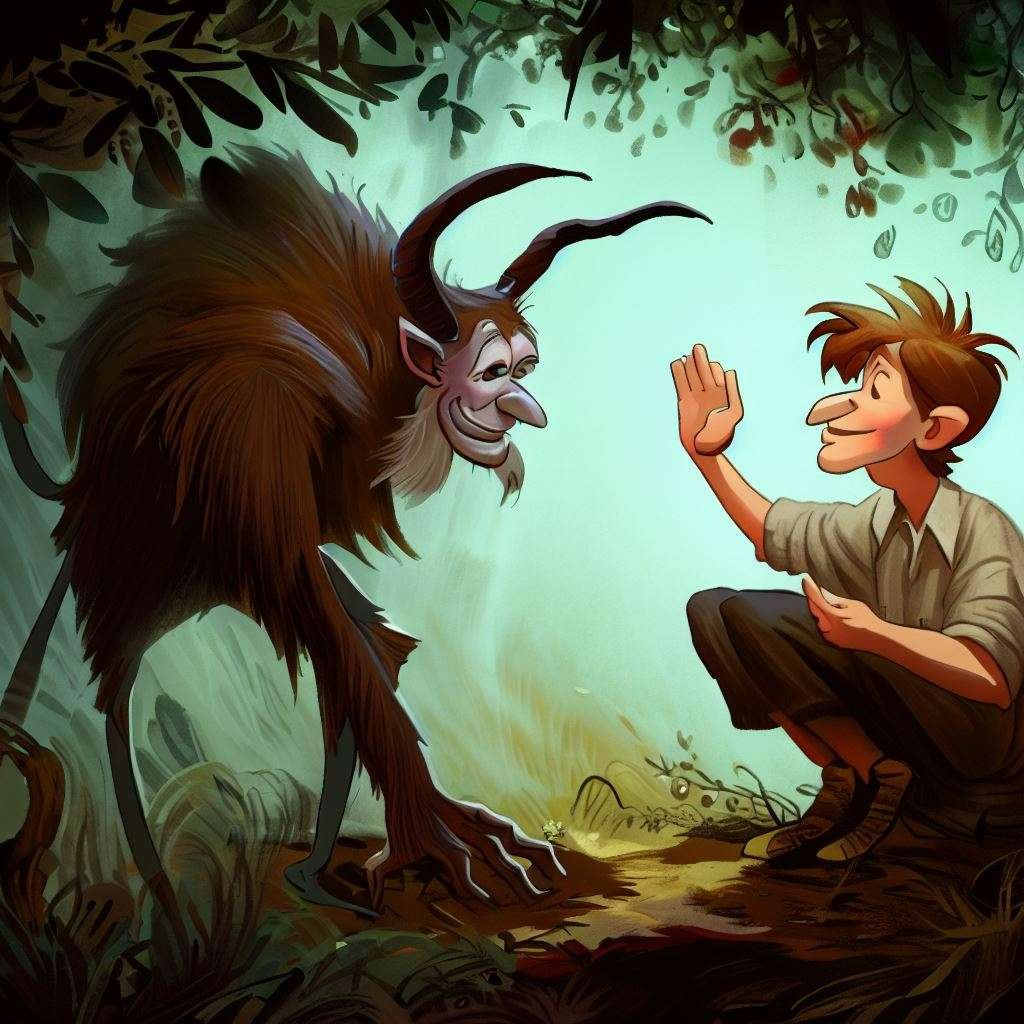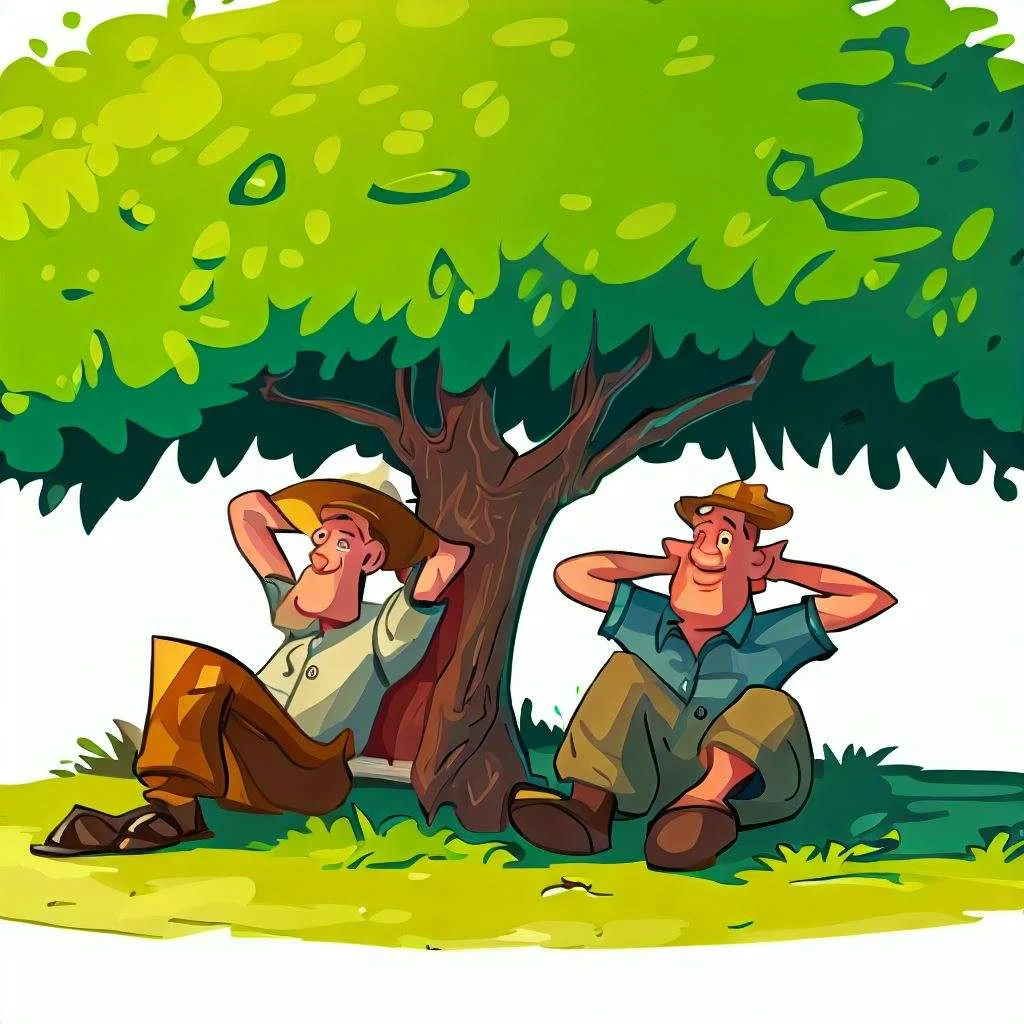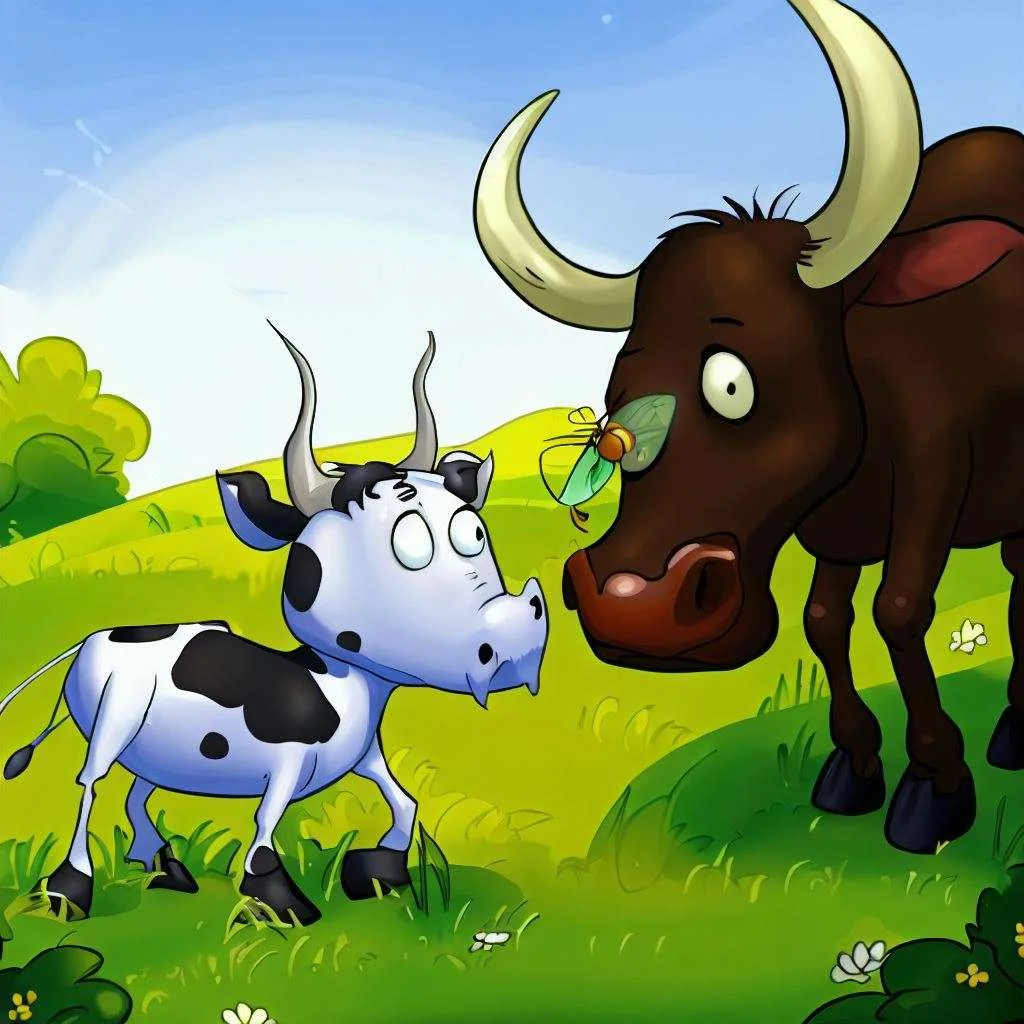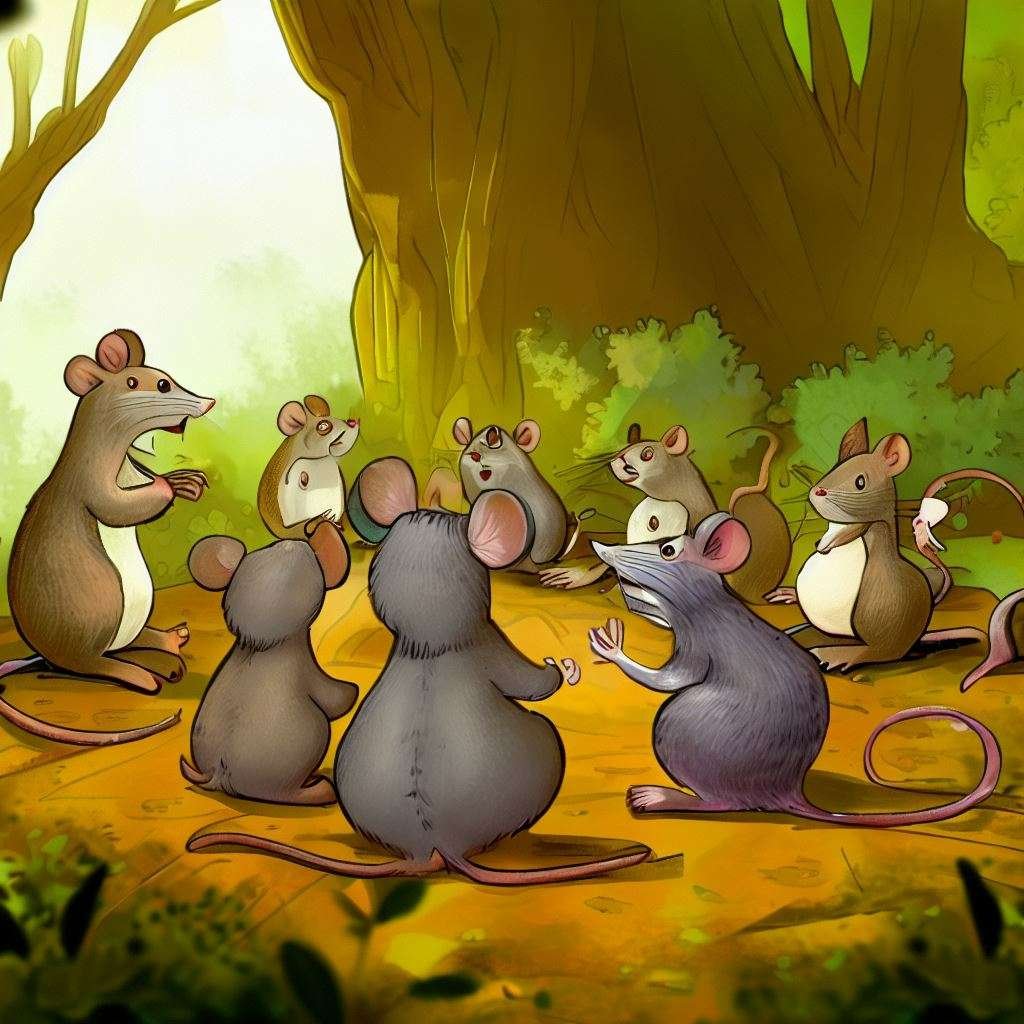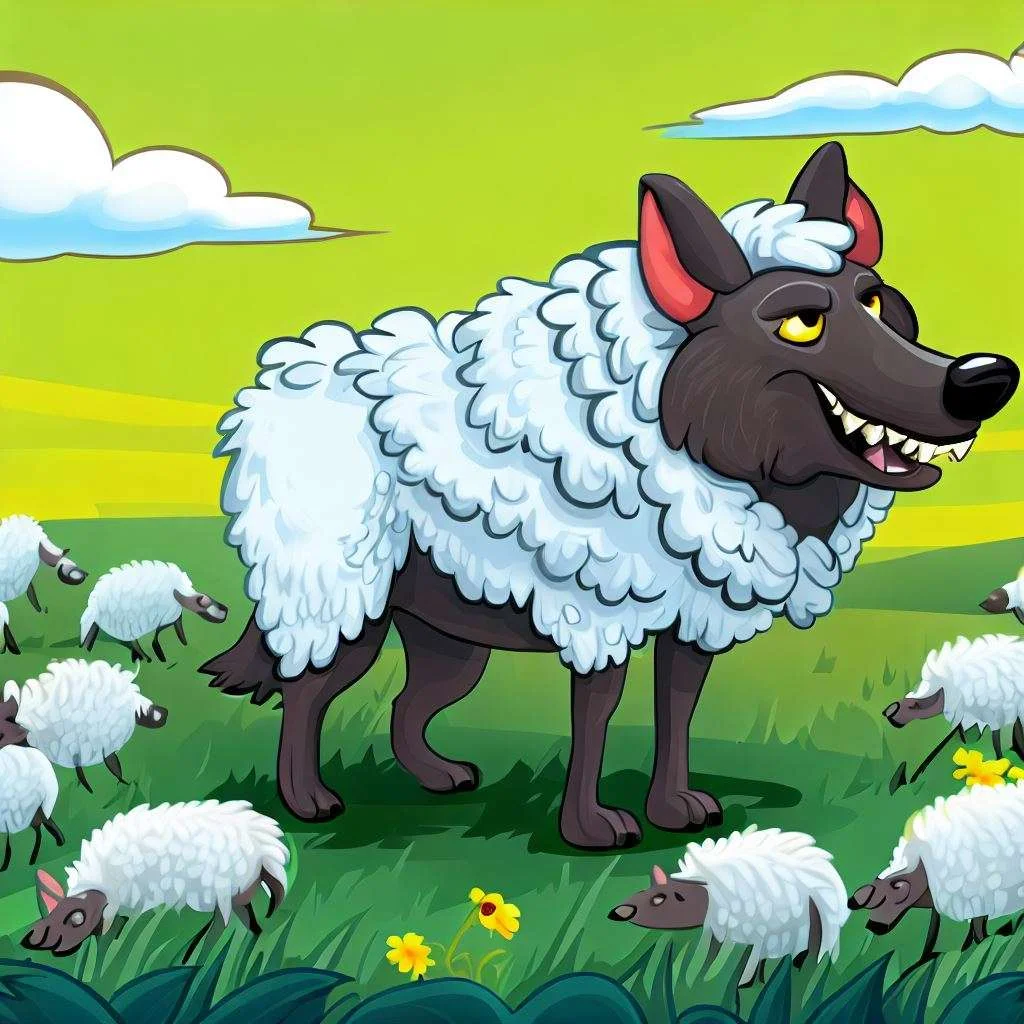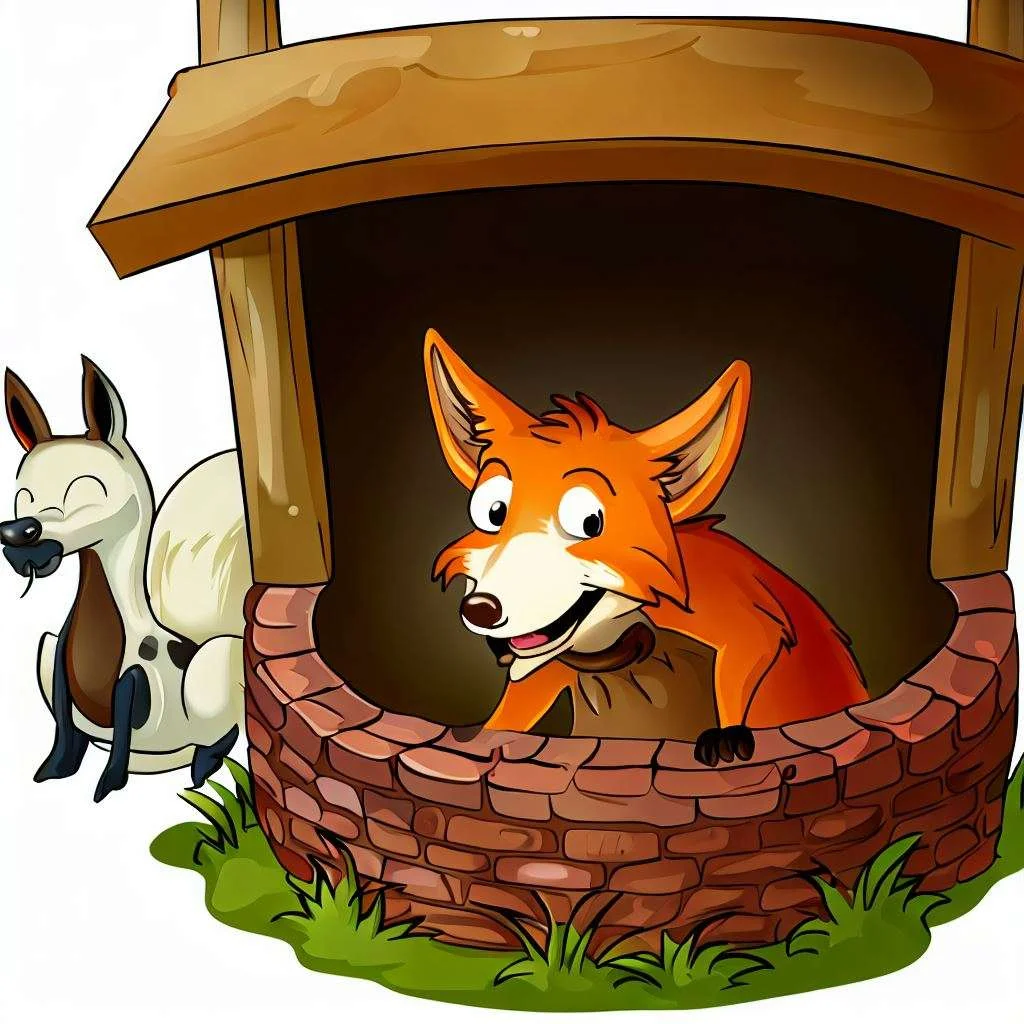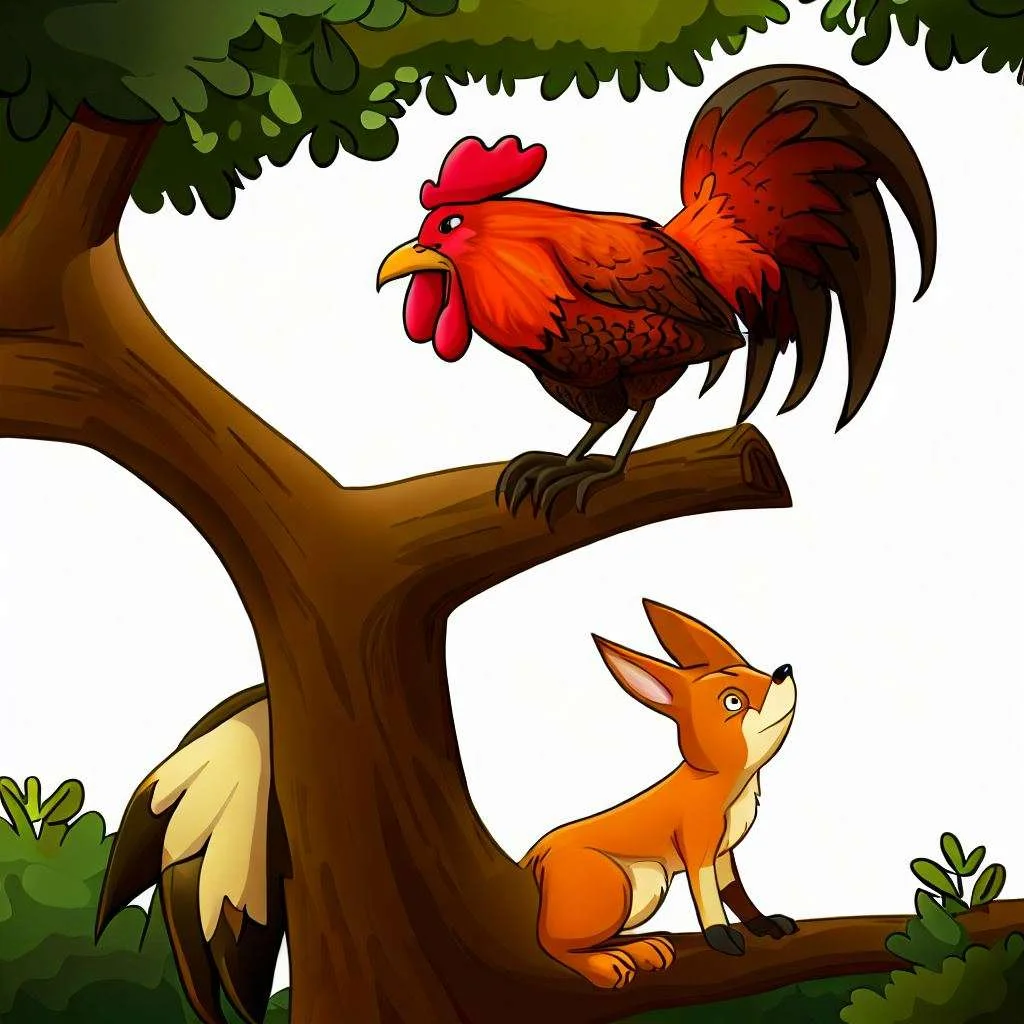
Welcome to our collection of Moral stories. These stories have been used for centuries to teach children and adults important life lessons and values. They are not only entertaining but also serve as a powerful tool to instill moral values and ethics in young minds and even older ones.
They help children and adults alike learn the difference between right and wrong, good and bad, and develop a sense of empathy towards others.
Moral stories are an essential part of education as they help in the cognitive and emotional development of children. When children listen to these stories, they use their imagination to visualize the characters and situations described in the story. This helps in improving their creativity, language skills, and critical thinking abilities.
These stories also help in shaping the character of children and building their moral compass. They introduce children to different cultures, traditions, and beliefs and help them understand and appreciate diversity.
Children learn to respect others and develop a sense of responsibility towards society.
Moreover, moral stories for kids are an effective way to teach them important life skills such as problem-solving, decision-making, and conflict resolution.
These stories provide children with real-life examples of how to deal with difficult situations and make the right choices. They also remind us adults of values we may forgotten
Here you’ll find a wide selection of moral stories to read for free. Enjoy
Short Moral stories
A Lesson in Kindness
The Parable of the Sower for Kids
The Parable of The Wheat and Tares
The Lion Who Became a Sheep Story
The Crabs In a Bucket story
The Buckwheat Story
The Wolf and The Stork Story
The Farmer and the Stork Short Story
The Story of the Butterfly’s Struggle
The Honest Woodcutter
The Wise Old Owl Story
The Group of Frogs An Encouragement Story
The Elephant Rope
The Fox and the Geese
The Blind Men and the Elephant
The Happy Prince Short Story
The Saucy Boy
Little Claus and Big Claus
The Red Shoes
The Emperor’s New Clothes
The Man and The Little Cat Story
The Tale of Two Brothers
The Tale of The Doomed Prince
Henny Penny Story
Two Wolves Parable Story
The Little Red Hen
The Seasons of Life
The Ugly Duckling
The Bundle of Sticks
A Hole in The Fence
The Elephant and The Ant
The Goose That Laid the Golden Eggs
The Young Crab and His Mother
The old Man and his Horse
The Tortoise and The Ducks
The Wolf and The Kid
The Fisherman & The Little Fish
The Hare & His Ears
The Man and The Satyr
The Ant and the Dove
The Plane Tree
The Gnat & the Bull
Belling the Cat Story and Its Lessons
The Mother & the Wolf
The Eagle & the Beetle
The Wolf in Sheep’s Clothing
The Frog and The Mouse
The Fox and The Leopard
The Fox & the Goat
The Cock and The Fox
Classic Moral Stories
If you’re looking for timeless tales that teach valuable lessons, classic moral stories are the perfect choice. These stories have been passed down from generation to generation and continue to be popular today. Here are two types of classic moral stories you should know about:
Aesop’s Fables
Aesop was a Greek storyteller who lived over 2,500 years ago. He is famous for his fables, which are short stories that teach a moral lesson. One of his most well-known fables is “The Boy Who Cried Wolf.”
This story is about a boy who lies about a wolf attacking his sheep, and when a real wolf comes, no one believes him. The moral of the story is that if you lie, people won’t believe you even when you’re telling the truth.
We have a section of Famous fables with morals as well.
Another popular Aesop’s fable is “The Fox and the Grapes.” In this story, a fox tries to reach some grapes hanging from a vine but can’t. Instead of admitting defeat, the fox convinces himself that the grapes are sour and not worth eating. The moral of the story is that people often pretend to despise things that they cannot have.
Find all of Aesop’s Fables
Folk Tales
Folk tales are stories that have been passed down through oral tradition. They often have a moral lesson and are told to teach children about life. One of the most famous folk tales is “The Hare and the Tortoise.” In this story, a hare and a tortoise have a race, and the hare is so confident that he takes a nap during the race.
The tortoise wins the race because he keeps moving steadily toward the finish line. The moral of the story is that slow and steady wins the race.
Another popular folk tale is “The Lion and the Mouse.” In this story, a lion catches a mouse and decides to let it go. Later, the mouse helps the lion when he gets caught in a trap. The moral of the story is that even small acts of kindness can be rewarded.
Classic moral stories like these are timeless for a reason. They teach important lessons that are still relevant today. By sharing these stories with your children or loved ones, you can help them learn valuable lessons about life.
Life Lessons from Moral Stories
Moral stories have been a part of our lives since childhood. They are an excellent way to teach life lessons and values to children and adults alike. Here are some of the most common life lessons that we can learn from moral stories.
Honesty and Trust
Honesty and trust are two essential values that we should all possess. Moral stories often teach us the importance of being honest and trustworthy. For example, the story of “The Boy Who Cried Wolf” teaches us that lying can have severe consequences. Similarly, the story of “The Honest Woodcutter” shows us that honesty is always the best policy.
Greed and its Consequences
Greed is a common human trait that can have severe consequences. Moral stories often show us the negative effects of greed. For example, the story of “The Ant and the Grasshopper” teaches us that we should work hard and save for the future instead of being greedy and lazy. Similarly, the story of “The Dog and the Bone” shows us that being greedy can lead to losing what we already have.
Perseverance and Struggle
Perseverance and struggle are essential qualities that help us overcome obstacles in life. Moral stories often teach us the importance of perseverance and struggle. For example, the story of “The Tortoise and the Hare” teaches us that slow and steady wins the race. Similarly, the story of “The Little Engine That Could” shows us that we should never give up, even when things get tough.
Understanding and Wisdom
Understanding and wisdom are qualities that help us make better decisions in life. Moral stories often show us the importance of understanding and wisdom.
For example, the story of “The Lion and the Mouse” teaches us that even the smallest act of kindness can have a significant impact. Similarly, the story of “The Wise Old Owl” shows us that wisdom comes from experience and knowledge.
Moral Stories and Their Impact on Society
Moral stories have been a part of human culture for centuries. They are not just meant to entertain but also to teach important life lessons and values. These stories have the power to impact society in many ways, from inspiring change to promoting empathy and understanding.
One of the most significant impacts of moral stories is their ability to promote positive change in the world. Through these stories, people can learn about important issues and become inspired to take action. For example, stories about environmental conservation can inspire people to take steps to reduce their carbon footprint and protect the planet.
Moral stories can also have a profound impact on society by promoting empathy and understanding. When people read stories about characters from different backgrounds and experiences, they can learn to see the world from different perspectives. This can help to break down barriers between people and promote greater understanding and acceptance.
In addition, moral stories can be a powerful tool for promoting positive values and ethics. By teaching important values like honesty, integrity, and compassion, these stories can help to shape the moral compass of society as a whole.
This can lead to a more just and equitable world where people treat each other with respect and dignity.

